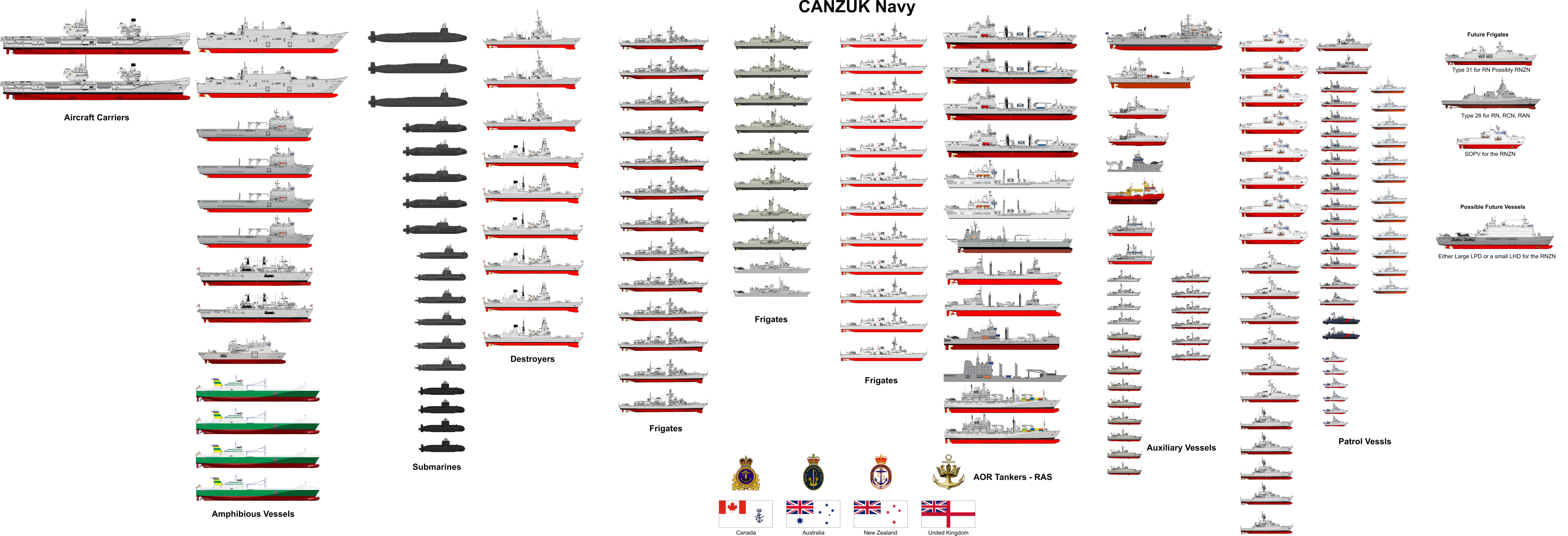A British historian has suggested the United Kingdom form a new "global superpower" with New Zealand, Australia and Canada.
In an article for The Wall Street Journal, Andrew Roberts considers how the United Kingdom "survive[s] Brexit" and prospers in "a world solidifying into the three empire blocs of the US, China and the European Union".
He suggests there is a "mounting case" that a form of federation among the UK, Australia, Canada and New Zealand "would create a global superpower" that could ally with the US.
While the nations are already part of the Five Eyes intelligence alliance, this proposed bloc could have "free trade, free movement of people, a mutual defence organisation and combined military capabilities".
The idea, Roberts says, has become worth considering due to the cooling relations between the nations and China. He notes Boris Johnson's decision to ban Huawei and China's recently aggressive stance towards Australia.
The four countries have also recently suspended their extradition agreements with Hong Kong in light of China's decision to impose a new national security law on the city. Likewise, they are becoming increasingly vocal about the treatment of Uighurs in Xinjiang.
- Brexit Britain could form NEW ‘superpower’ alliance with Australia, Canada and New Zealand
- Belligerence China
- Senator Eric Abetz: Brexit, CANZUK, Trade, and Politics
- All the Queen's Ships
The realisation of a 'Canzuk Union' would be the first step, Roberts says, to a "fully functioning Anglosphere", the name given to the countries where most people speak English as their first language and share common values.
"The Canzuk countries have not just a common majority language but a common legal system, a common parliamentary and political tradition, a common military structure and tradition and a common head of state in Queen Elizabeth II," Roberts writes.
"They are, moreover, racially diverse, multicultural countries with a long history of working together, including the period when their military collaboration was, in 1940-41, the sole force on the planet that resisted Nazi totalitarianism."
He said while the countries lack geographic proximity, that is no longer an "insuperable barrier" due to the internet.
The new union would "immediately enter the global stage as a superpower" which could stand alongside the United States "in the great defining struggle of the 21st century against an increasingly revanchist China".
Roberts notes that the four countries are already part of Five Eyes and combined, would have a GDP of more than $6 trillion, placing it only behind the US, China, and the EU.
- Expand Five Eyes
- CANZUK - An upcoming superpower?
- CANZUK Can Provide The UK With Prosperity Post-COVID-19
- COVID-19 Calls For Reciprocal CANZUK Healthcare Agreements
"There is no reason why the American taxpayer should pick up the bill of being the world’s policeman forever, and an intimate alliance with Canzuk would provide welcome relief."
The historian details how the Anglosphere could partner with other countries - like India and Israel - to face down global threats. He believes, while complex, a Canzuk Union could reach a free-trade agreement with the US and EU.
"A second Anglospheric superpower would mean that the political values we share will be better defended and promoted, and a flourishing Canzuk would be a fine neighbor and trading and defense partner for the US.
"As the world order undergoes its most profound transition since the end of the Cold War, it is an idea whose moment has arrived."
In a recent piece for The Conversation, Kiwi international relations expert Robert Patman said the COVID-19 pandemic has "highlighted the absence of an effective international crisis management system" with the UN marginalised by the US.

He said the UK and US can no longer be relied upon to provide leadership and therefore New Zealand should "work with other like-minded states to build a new global political grouping dedicated to advancing the rules-based order".
"New Zealand could even help lead such a movement, given its global reputation for decisive and compassionate leadership after the Christchurch terrorist atrocity and during the pandemic.
"By rejecting the politics of populism and isolationism, New Zealand can embrace a new form of bottom-up multilateralism that does not depend on great powers setting the agenda."






